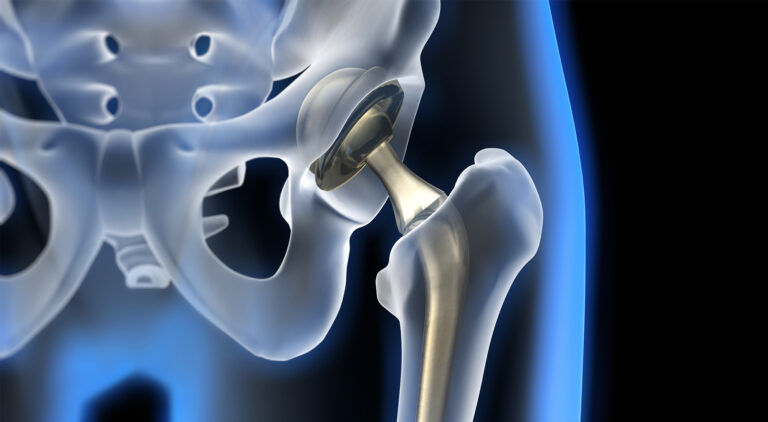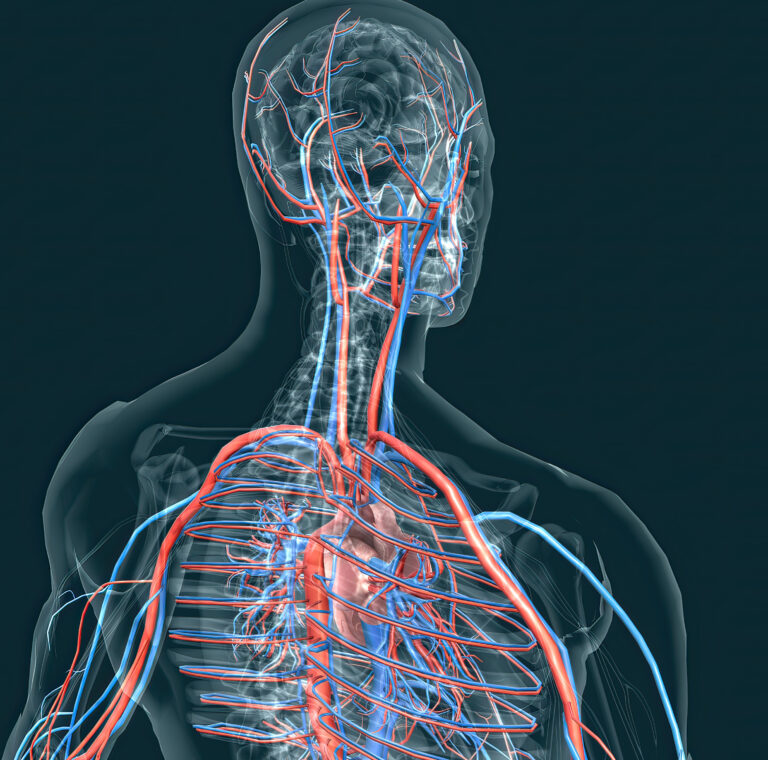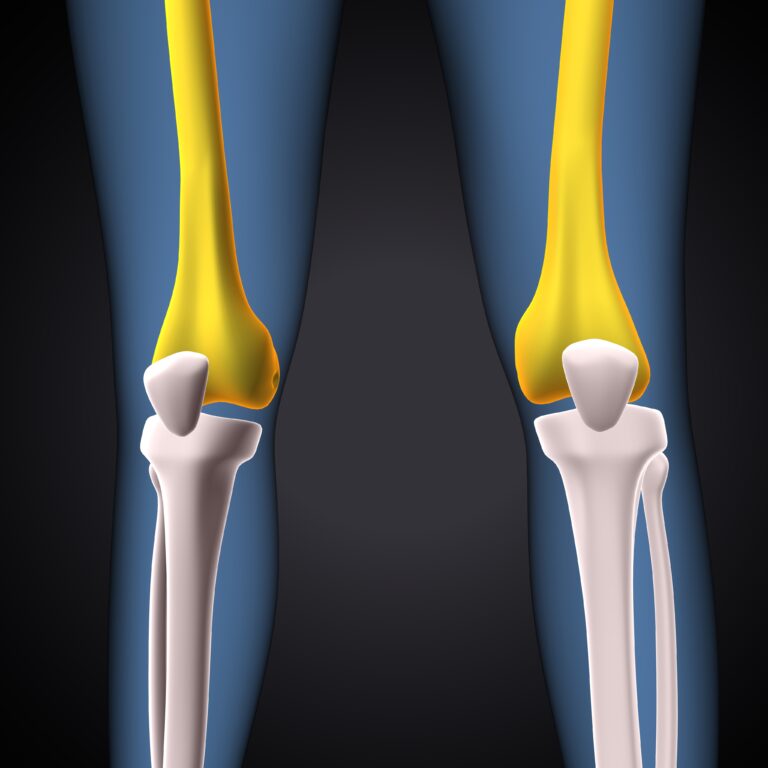Our bones are active, living tissues that are always remodeling and adapting to different physiological changes—not merely inert structures. Hormones are essential for controlling this intricate process. In order to maintain strong and healthy bones throughout life, it is essential to comprehend the complex relationship that exists between hormones and bone health. We will examine the significant influence of hormones on bone health in this article, as well as the significance of preserving hormonal balance. Hormones are chemical messengers that go throughout the body and affect many physiological functions, such as bone strength and density regulation.
Bone health is directly impacted by several important hormones:
- Role of Estrogen: In women primarily, estrogen plays a key role in preserving bone density.
Effect: As estrogen levels drop during menopause, bone loss quickens and osteoporosis risk increases.
- Testosterone’s Role: Mostly in Men, testosterone aids in the formation and upkeep of bones.
Effect: Low testosterone levels have been linked to a higher risk of fractures and decreased bone density.
- The function of parathyroid hormone (PTH) is to control blood levels of calcium and phosphorus.
Effect: As in hyperparathyroidism, excessive PTH can cause calcium loss and bone resorption.
- Thyroid Hormones: Thyroid hormones, including T3 and T4, are involved in bone formation and metabolism.
Effect: Bone health may be adversely affected by hypothyroidism (underactive thyroid) or hyperthyroidism (overactive thyroid).
- The role of calcitonin is to assist control the levels of phosphorus and calcium.
Effect: It preserves bone density by preventing bone resorption.
Hormones and the Health of Bones During Life:
- Early Life and Teenage Years– Growth and development of bones during childhood and adolescence depend on growth hormone, which is generated by the pituitary gland.
- Maturity– Peak bone mass is reached in the early stages of adulthood and is impacted by a number of variables, including nutrition, exercise, and hormone balance.
- Andropause and Menopause– Women lose bone quickly as a result of the drop in estrogen that occurs after menopause. Reduced bone density in men is also a result of the progressive drop in testosterone that occurs throughout the andropause.
- Growing Older– As people age, there is a steady loss of bone density due to a skewed balance between bone creation and resorption.
In summary, All throughout our lives, hormones are essential for maintaining, growing, and having a high density of bone. We may help guarantee that our bones stay strong and robust as we age by being aware of the link between hormones and bones, adopting proactive measures to preserve hormonal balance, eating a balanced diet, and getting regular exercise. Making bone health a priority is essential to general wellbeing and quality of life.
Disclaimer: The information provided in this blog post is for general informational purposes only and should not be considered professional advice. Before making any health-related decisions, consult with a qualified healthcare professional. The content is not a substitute for medical advice, and individual results may vary. The author and website are not responsible for any consequences arising from the use of the information provided. Use your best judgment and seek professional advice when needed.



